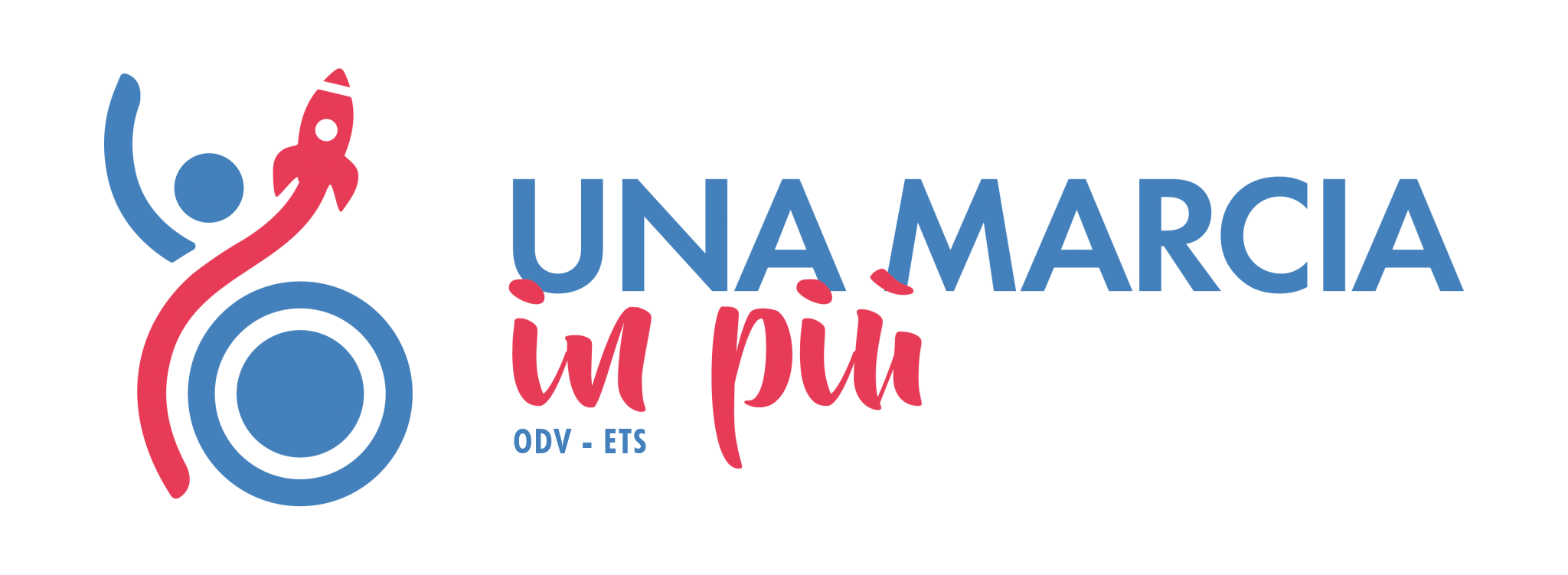Betting in Karavan casino is a far-reaching practice that bridges cultures and age brackets, appealing to stakeholders from all social classes. Recognizing the psychological aspects behind why people engage in betting and how it influences their manners is key for both participants and social structures. This investigation studies into the purposes, psychological mechanisms , and behavioral impacts related to gambling.
Factors Behind Gambling Karavancasino
Individuals are enticed to gambling for different underpinnings, from as far as the rush of daring to the attraction of probable economic benefits. Some of the fundamental incentives are:
- Thrill and Entertainment: The uncertain nature of wagering supplies a wave of energy and euphoria, rendering it an delightful diversion for various people.
- Financial Gain: The possibility of securing substantial financial sums is a pivotal motivator, propelling people to take part in chance games.
- Socializing: Gaming often takes in social spaces, such as betting locations or betting tournaments, establishing a sense of togetherness and fellowship among players.
- Escaping Reality: For some, wagering renders a temporary diversion from everyday tensions and personal tribulations, offering a recess from real-life issues.
- Challenge and Skill: Certain types of betting, like craps, necessitate tactics and dexterity, enticing to those who love strategic puzzles.
Mindset Patterns in Gambling
The behavior of betting utilizes mixed psychological functions that can direct behavior and decisions:
Reward System Activation Process: Gaming stimulates the brain’s pleasure networks, releasing dopamine signals, a brain chemical connected with joy and consolidation. This neurochemical response affirms the hunger to continue gaming Karavan casino giriş.
Thinking Errors: Wagering individuals often manifest thinking errors, such as the illusion of authority, where they assume they can shape random events, and the gambler’s delusion, the incorrect belief that past occurrences shape future odds.
Risk Perception: Individuals differ in in their awareness of risk levels and perquisite, influencing their inclination to engage in gaming. A few may neglect the odds against them, bringing about intensified betting conduct.
Actions-related Influences of Gaming Ventures
While gaming can be a fountain of pastime and communing, it also has meaningful actions influences , both favorable and unwelcome:
Optimistic Outcomes Karavan casino gaming: For some, gambling bestows a fun and stimulating practice that upgrades social relations and provides a feeling of accomplishment when realizations occur. It can also provoke brain capacities like strategic development and decision-making.
Damaging Consequences : Problematic gaming can spark a diversity of of adverse unfavorable outcomes, including monetary setbacks, strained associations, and psychological issues such as tension, and dejection.
Wagering addiction, or betting dependency, is characterized by an unyielding leaning to engage in gambling despite detrimental undesirable consequences, often mandating therapeutic support.
Behavioral Signs : Unending participants may cultivate specific types of behavioral conduct , such as redeeming losses by continuing to bet in an venture to get back earlier downfalls . This can cause a harmful loop of expanding debt and psychological suffering.
The psychological psychology of gaming is a complex interaction of drivers, cognitive processes, and behavioral ramifications . While wagering can offer euphoria, social collaboration, and the intensity of potential rewards, it also brings challenges of dependency and adverse life impacts . Comprehending these mental elements is key for constructing effective prevention and treatment structures for gambling problems . By supporting mental awareness and endorsing responsible betting policies, people can enjoy themselves the entertainment joys of gaming while decreasing its potential adverse effects.

